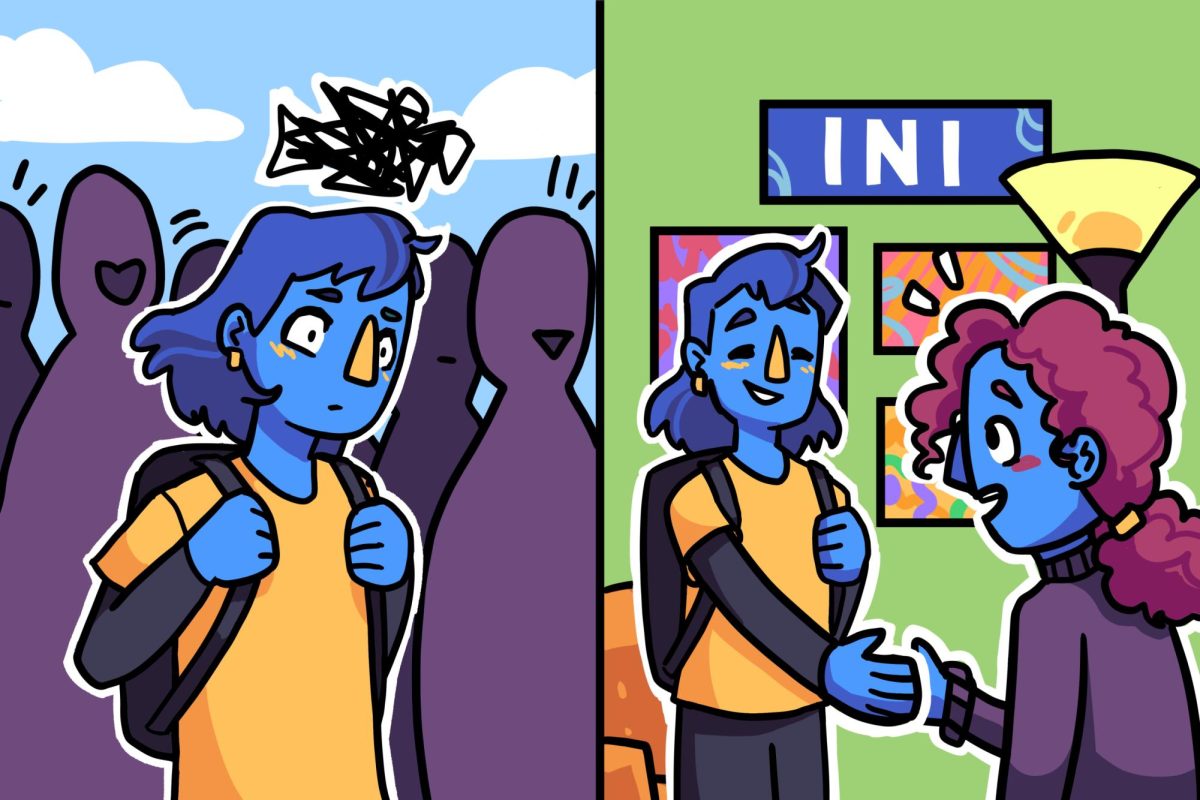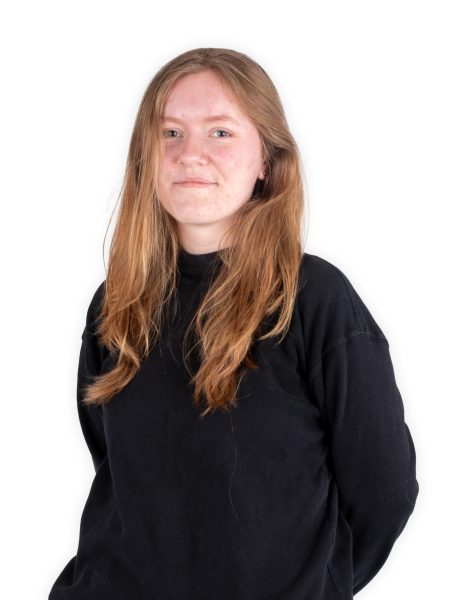Although most developmental disorders associated with neurodiversity were studied in the first half of the twentieth century, according to the Neurodiversity at Caltech website, it wasn’t until the 1990s when the term “neurodiversity” was coined and diagnoses became more common.
Because awareness surrounding neurodiverse people and their experiences has progressed slowly, many more spaces and resources for neurodiverse people have been implemented only recently.
The Illinois Neurodiversity Initiative (INI) is a developing four-year program launched in 2022 to provide students at the University with academic, social and mental support.
Neurodiversity refers to differences in learning, communication and behavior as experienced by people with autism, ADHD, Tourette’s syndrome and other disorders.
Program creator and director of The Autism Program, Jeanne Kramer, said the program’s goal is to assist neurodivergent students through college and career preparation while providing them opportunities to form connections with their peers.
Get The Daily Illini in your inbox!
“The students are able intellectually to be here, but have difficulty with things like keeping organized for classes, getting things turned in on time and making and keeping friends, just because the world around them wasn’t designed for them,” Kramer said.
One of the key priorities of INI is helping students reach academic success, with classes such as HDFS 199: Academic Strategies being required for members to help them learn how to manage their time, meet deadlines, work with teams and develop other skills.
Grace Pfeiffer, sophomore in ACES and member of INI since spring 2023, said one of the reasons she joined the program is because she had difficulty transitioning from the regimented schedule of high school to a more flexible structure in college. This was due to her struggles with executive function, which entails planning and organizing time to achieve one’s goals.
“In high school, there’s a lot of structure and I kind of relied on that to get through things,” Pfeiffer said. “In college things are a lot more open-ended; most of your time is spent outside of class studying material and just trying to respond to all the content in your classes on your own terms.”
In addition to the course offered to students on managing academics, students in the program can work with staff members or join study groups with other members of INI.
“It’s a good way to reach out to people who know you already have issues with it, know how to help you out with these kinds of things and can really meet you where you are when it comes to executive function and academic skills,” Pfeiffer said.
INI was also designed to offer social support to members, mainly by giving them opportunities to form connections with other neurodivergent students through INI’s weekly group meetings and peer mentor program.
Liam Crider, sophomore in LAS and member of INI since fall 2022, said the social aspects of the program also give members an environment to develop and practice skills that are helpful when forming relationships with people who aren’t neurodivergent.
“It allows you to practice those socialization skills with people who are not as adept with socialization as some of my more neurotypical friends are,” Crider said. “It’s a very tight-knit community where you know that people care about you, you know people will be there for you.”
Freddy Romero, sophomore in Engineering and member of INI since fall 2022, said he joined INI because he felt it was one of the few University spaces to meet neurodiverse people and receive support as a neurodiverse student.
“Neurodiverse people don’t really have a place on campus; you don’t hear about resources or opportunities … besides DRES accommodations,” Romero said. “(There are) never really any, you know, connections with fellow peers who also have autism or learning disabilities who also struggle.”
Because students’ mental well-being is also a focus of INI, the program offers students access to mental health coaching, including weekly check-ins and monthly assessments. However, INI students such as Pfeiffer said that other aspects of the program such as the social connections formed through INI improve their mental wellness.
“I need social interaction to make me feel connected and less depressed,” Pfeiffer said. “Having an occasion to get together with people and make a connection with people in the school community who I can reach out to whenever I need support — that was really helpful.”
The program was also designed to act as a step toward making the campus more inclusive for neurodivergent people, who Kramer believes are often left behind in University efforts to create resources for minority or disadvantaged students.
“A huge part of what we’re doing is raising awareness across campus of diversity outside of race and gender,” Kramer said. “I think people don’t even have communication and learning differences on their radar as far as inclusion goes, so I’d really like for people to start thinking more inclusively of people whose communication styles are different than theirs.”
While there are many opportunities for individual support within INI, the program is not designed for each student to focus on their individual struggles, but instead come together through common experiences and learn how to tackle broader issues they all may face.
“It’s not built specifically for one person and their needs; it’s meant to help a lot of people at the same time,” Crider said. “But, I would say that that’s what makes it one of the best programs really built to help neurodiverse people with their transition to college.”
It is estimated about 15-20% of the population has some type of neurodivergence, however getting an exact number is difficult because not everyone seeks out or receives diagnoses. According to these statistics, the population of neurodivergent students among the over 50,000 people at the University stretches far beyond the handful of students in INI.
“The only thing we have for neurodiverse students trying to get to know each other is INI,” said Romero. “The school needs to do more; it needs to advocate more, it needs to have more support for those who are neurodiverse.”






